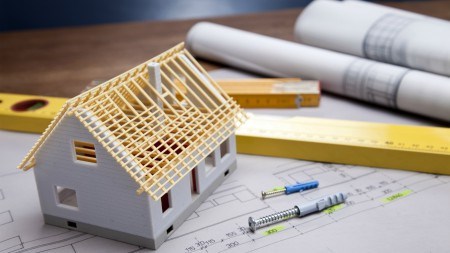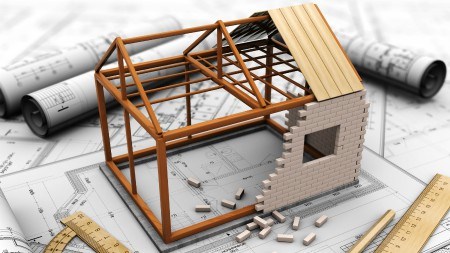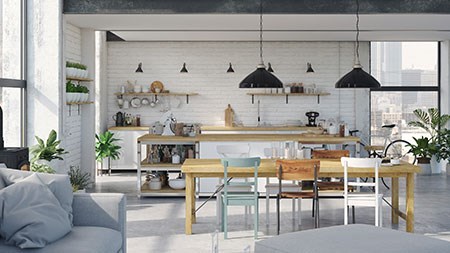What are the pros and cons of buying a home off-plan?
Before signing an offer to purchase on a home yet to be built it’s important to do background checks on the developer and builder. Once you have committed to the purchase, you need to make sure all the details of the sale are in writing and monitor the progress of the development and your particular unit carefully. Most important of all - ask questions whenever anything isn’t clear.
Advantages
- The most important financial incentive for buying from the developer is that you aren’t liable for transfer duty. This is a tax payable to the SA Revenue Services which usually applies whenever a property with a purchase price of more than R900 000 changes ownership.
- Even if you buy an existing home that costs less than R900 000, other costs of transferring the property into your name will include attorneys’ fees for registering the transfer and for registering the bond and Deeds Office fees. When buying from a developer these costs are included in the purchase price.
- When you buy a second-hand home, the sale is voetstoots – as is - so any repairs will be for your account. When buying from a developer, your brand new home should require no major maintenance or repairs for the next three to five years. In the event of poor workmanship or defective materials, you can approach the National Home Builders Registration Council (NHBRC). However, you need to ensure that your builder is registered with the council and your building project is enrolled. Read more: How credible is your builder?
- When you buy from a developer, you are also protected by the Consumer Protection Act (CPA), whereas this act doesn’t apply to second-hand homes.
- When buying a home that has yet to be built you can usually choose the style and finishes you prefer from a few options, with variations in price to suit your pocket.
- Homes bought off-plan almost always increase in value between the date when the sale is agreed and the date when the property is handed over, and many developers will increase the price of unsold units two or three times as sales continue and building progresses.
Potential problems between buying and building
When you buy a freestanding home off-plan, you take transfer of the land and then pass a lien over to the builder so that building can start. You then pay interim interest on the first payment drawn on the bank while waiting for your home to be built. If there’s any delay in building, there’s a risk that you’ll pay more interest than you budgeted for.
Interim interest isn’t paid on units in sectional title schemes, which makes sectional title developments less risky than plot and plan. Another problem with buying into a new development at a very early stage is that you might be one of the first to build and occupy a home, while other buyers take more time.
While other owners are building, you will have to put up with contractors on your doorstep, and possible disruptions in the delivery of water or electricity.
If you are one of the first to build, you might find that not all the infrastructure has been installed or that security is lacking.
Mortgage finance for buying property off plan
If you are buying a sectional title unit, you pay a deposit to secure the unit, and no further payment is made until the development is complete and your unit is registered in your name.
When you buy a freehold home off-plan, the stand must be paid for and transferred into your name before building can start. You will need another loan for the home that is yet to be built. You begin your repayments on the stand as soon as the land is registered in your name, but your bond repayments on the building only start once that is registered in your name.
The golden rule still applies
When buying a new home - already built or off plan – it’s essential first to research the area the development is in. Lifestyle choices are important when buying a home, such as open space, proximity to shops and schools, or shorter travelling times to and from work. Always keep in mind what you and your family need when it comes to privacy, garden or security and compare all the options signing an offer to purchase.




